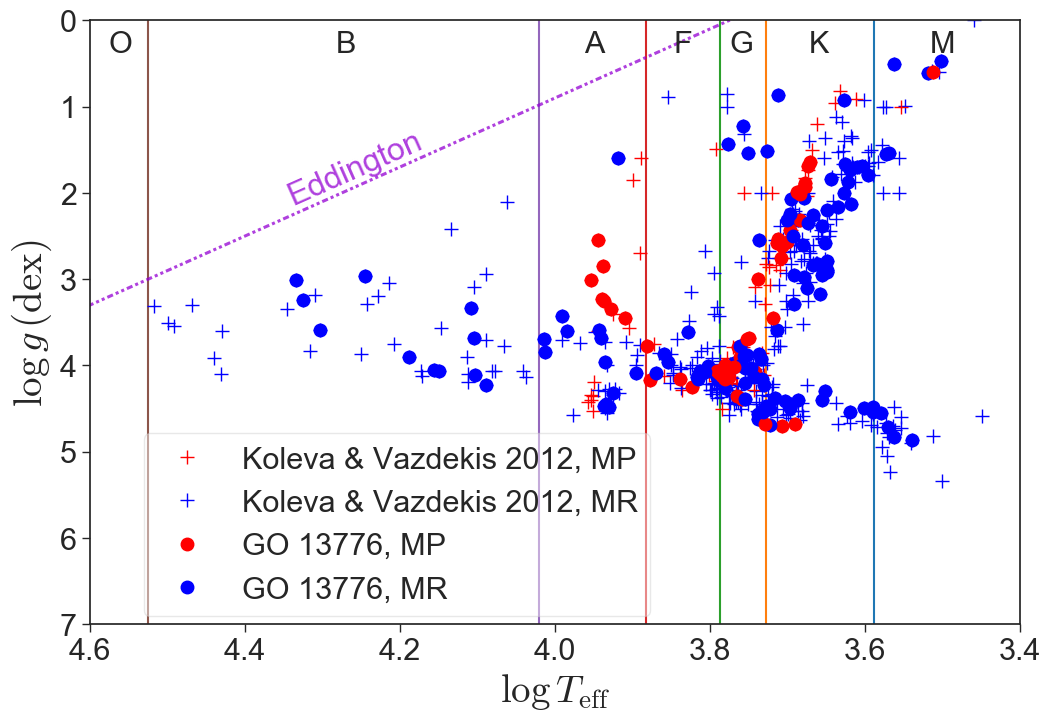STScI Newsletter
2023 / Volume / Issue
About this Article
MAST Staff - 2023 May 04New:
- The Low-Resolution Stellar Library, LOWLIB, (Pal et. al 2023) is a collection of 513 stellar spectra produced by Hubble's STIS instrument. These spectra are flux calibrated, dereddened, and rest-frame corrected. Observations are merged into one continuous spectrum, covering 0.2 < λ < 1 μm at λ/Δλ ≈ 1000. LOWLIB extends and supersedes the Next Generation Stellar Library, originally released in 2010. View LOWLIB collection page >
Updated:
- GSFC-ELEANOR-LITE light curves from Sector 5 are now available, bringing the total number up to 11 million. View GSFC-ELEANOR-LITE >
- REFERENCE-ATLASES now contains updated models for seven G-type stars that previously had poor IR constraints. View REFERENCE-ATLASES collection page >
- TESS-SPOC calibrated light curves from Sectors 52-55 are now available. The completes the Extended Mission 1 collection. View TESS-SPOC collection page >
- TICA quick-look, calibrated TESS full frame images from Sector 63, Orbit 2, and Sector 64, Orbit 1 are now available at MAST. View TICA collection page >
- QLP light curves from TESS Sectors 50-55 are now available. This adds 5.6 million light curves to the collection, bringing the total to over 50 million. Additionally, this completes the Extended Mission 1 data. View QLP collection page >

If you are thinking about contributing a High-Level Science Product of your own, please fill out the HLSP Interest Form to get started. HLSPs archived on MAST enjoy permanent hosting space, additional visibility, and, often, increased citation rates. Any further questions on the process can be sent to the Archive Help Desk.
